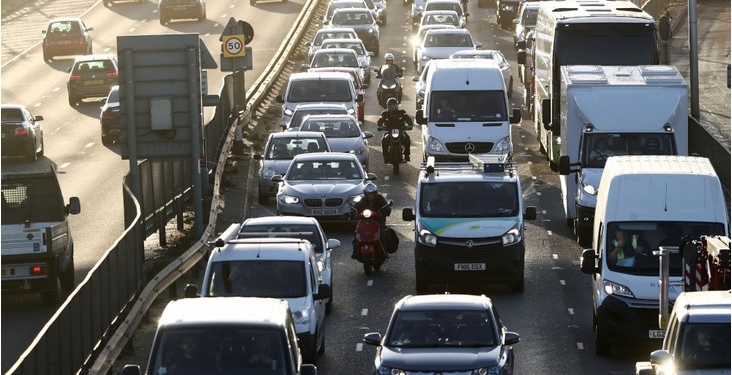The United Kingdom’s (UK) Prime Minister Boris Johnson said the sale of new petrol and diesel powered vehicles will be banned in the country from 2030 onwards, a full decade earlier than the initial 2040 deadline. The UK government also plans to ban hybrid cars by 2035.
In a statement to the press released via email, Johnson said the UK is looking to the future and seizing the opportunity build back greener. “The recovery of our planet and our economies can and must go hand-in-hand,” he said.
The move is an attempt by the UK government’s plan to jump-start the market for electric vehicles (EV) in the UK and launch the country towards its goal of net zero emissions by 2050.
The plan will see GBP 500 million (RM2.7 billion) in government funding be allocated to developing the country’s charging infrastructure next year. This will help finance new grid connections that would allow remote facilities like service stations to install more fast charging points.
Despite the rising popularity of EV, with demand more than doubling in the last year, electric powered cars only make up around 7% of new vehicles bought in the UK as of October 2020 based on figures from the Society of Motor Manufacturers and Traders.
The move is part of the UK government’s efforts to kick start a “green revolution”, a broad range of initiatives that are meant to spur economic growth while addressing the effects of climate change.
The new shortened timeline puts the UK ahead of most of other government’s pledges to phase out fossil fuel powered cars. In comparison, France aimed to end the sale of new petrol cars by 2040. Meanwhile, California promised to do the same by 2035. So far, Norway has set the most ambitious goal of ending new sales by 2025.
The UK’s plans go beyond the banning of petrol and disel vehicles, it also wants to cut transportation emissions by investing in public transportation and researching on ways to make planes and ships less polluting. Apart from that the UK government also wants to ramp up on the use of carbon-free energy such as offshore wind, hydrogen and nuclear energy. The entire plan is projected to cost GBP 12 billion of government investment (MYR65.2 billion).








